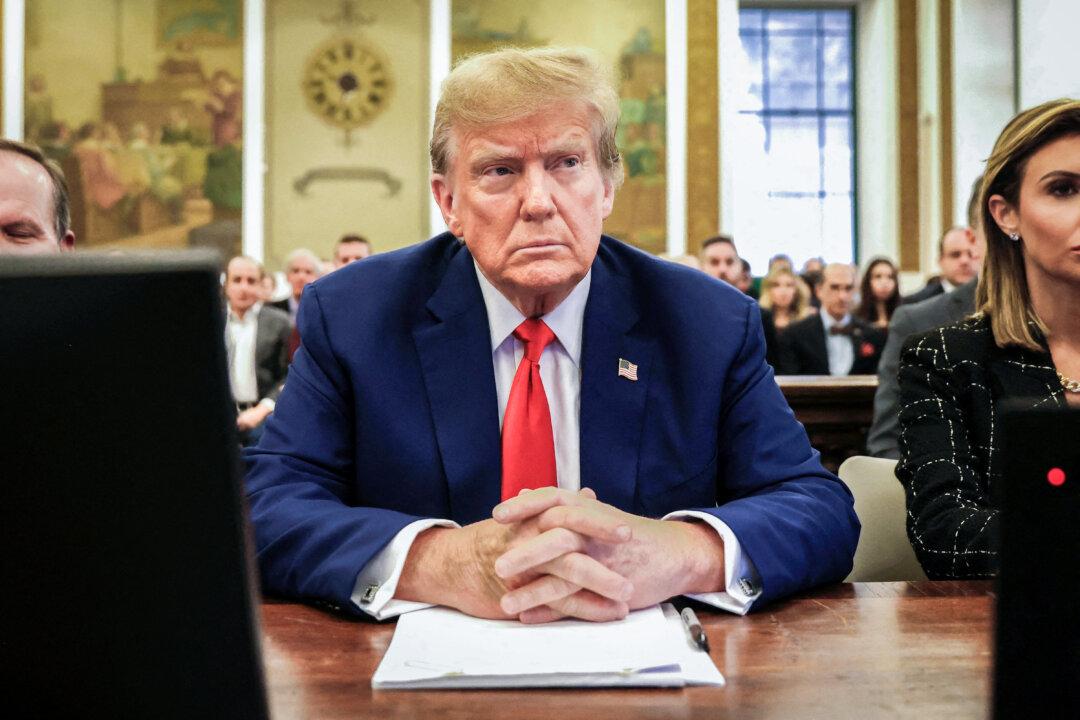Former President Donald Trump should not be barred from appearing on Illinois ballots, as the issue of his potential disqualification from the 2024 elections is a matter for the courts, not something that an election board can decide, an ex-judge said on Sunday.
On Friday, retired state judge and Republican, Clark Erikson, presided over a petition hearing that sought to prevent President Trump from appearing on Illinois’ primary ballots. The petition, filed with the Illinois Board of Elections, argued that the former president “cannot satisfy the eligibility requirements” for becoming POTUS, as he allegedly violated Section 3 of the 14th Amendment.





